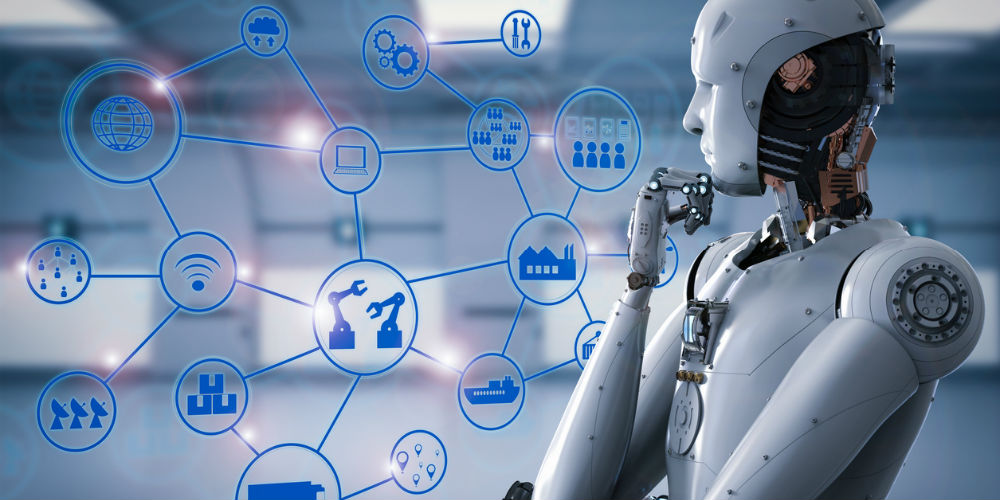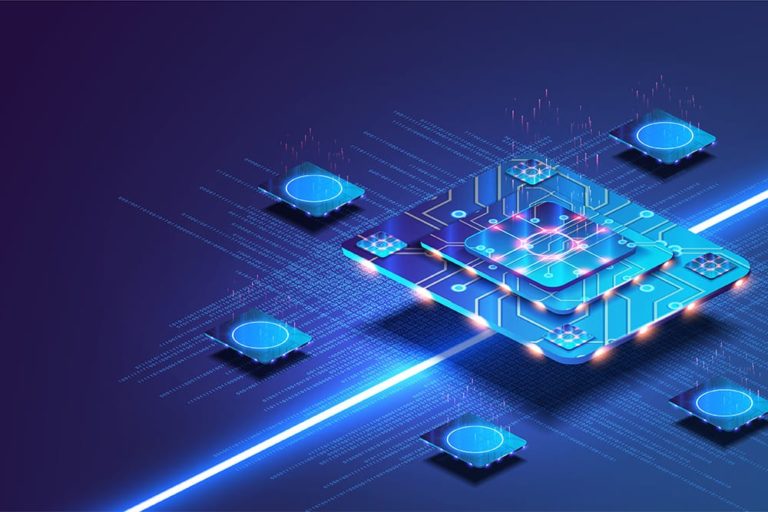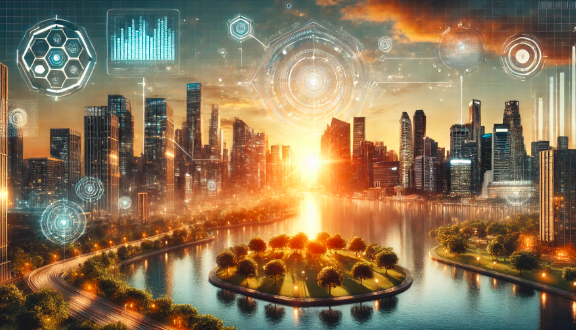The Rise of AI: Exploring the Impact of Artificial Intelligence on Technology
Artificial Intelligence (AI) has emerged as a transformative force, reshaping the technological landscape and revolutionizing the way we interact with machines. This in-depth exploration delves into the rise of AI, unraveling its profound impact on technology across various domains and envisioning the future implications of this powerful and evolving innovation.
Table of Contents
Unveiling the Essence of Artificial Intelligence
1. Defining Artificial Intelligence:
- Mimicking Human Intelligence: AI refers to the development of computer systems capable of performing tasks that typically require human intelligence, such as visual perception, speech recognition, and decision-making.
- Machine Learning and Neural Networks: The core of AI lies in machine learning algorithms and neural networks, enabling systems to learn from data and improve their performance over time.
2. The Evolution of AI:
- From Symbolic AI to Machine Learning: AI has evolved from rule-based symbolic systems to machine learning paradigms, allowing for more adaptive and complex problem-solving.
- Deep Learning Breakthroughs: Recent breakthroughs in deep learning, a subset of machine learning, have propelled AI to new heights, especially in tasks like image and speech recognition.
AI’s Impact on Technological Advancements
1. Transforming Industries:
- Automotive Revolution: AI is driving innovations in the automotive sector, with the development of self-driving cars and advanced driver assistance systems.
- Healthcare Revolution: AI applications in healthcare include diagnostic tools, personalized medicine, and predictive analytics, enhancing patient care and outcomes.
2. Reshaping User Experiences:
- Natural Language Processing (NLP): AI’s ability to understand and generate human language has revolutionized user interactions, leading to the widespread adoption of virtual assistants like Siri and chatbots.
- Personalization and Recommendations: AI algorithms power personalized content recommendations on streaming platforms, e-commerce suggestions, and social media feeds, enhancing user engagement.
3. Automation and Efficiency:
- Streamlining Business Operations: AI-driven automation optimizes routine tasks, reducing errors and increasing efficiency in areas such as manufacturing, logistics, and customer support.
- Enhancing Productivity: Intelligent automation frees up human resources to focus on higher-order tasks, fostering increased productivity across industries.
AI in Everyday Life
1. Virtual Assistants and Smart Devices:
- Voice-Activated Assistants: Virtual assistants like Amazon’s Alexa and Google Assistant utilize AI for natural language understanding, enabling users to control smart devices, ask questions, and perform various tasks through voice commands.
- Smart Home Integration: AI plays a crucial role in the smart home ecosystem, learning user preferences and adapting to routines for a seamless and personalized living experience.
2. AI in Education:
- Adaptive Learning Platforms: AI-powered educational tools adapt to individual learning styles, providing personalized learning experiences for students.
- Automated Grading Systems: AI facilitates automated grading, saving educators time and providing instant feedback to students.
Challenges and Ethical Considerations
1. Ethical Dilemmas:
- Bias in Algorithms: AI systems can inadvertently perpetuate biases present in training data, raising concerns about fairness and equity.
- Privacy Concerns: The extensive use of AI in surveillance and data analysis raises privacy issues, prompting discussions about the responsible use of technology.
2. Job Displacement and Economic Impact:
- Automation and Employment: The automation of certain jobs by AI technologies poses challenges related to job displacement and the need for workforce reskilling.
- Economic Disparities: The adoption of AI may contribute to economic disparities, as industries and regions with limited access to AI advancements may face challenges in competitiveness.
The Future of AI: Emerging Trends and Possibilities
1. AI in Edge Computing:
- Edge AI Applications: The integration of AI with edge computing devices enables real-time processing and analysis of data, enhancing the efficiency of IoT (Internet of Things) devices.
- Reduced Latency: Edge AI reduces latency by processing data closer to the source, unlocking new possibilities for applications in autonomous vehicles, healthcare monitoring, and more.
2. Explainable AI and AI Ethics:
- Interpretable Models: The demand for explainable AI models is rising, emphasizing transparency and accountability in algorithmic decision-making.
- Ethical AI Development: The industry is placing a greater focus on ethical considerations, with organizations developing guidelines and frameworks for responsible AI development and deployment.
Conclusion: Embracing the AI Revolution Responsibly
As AI continues its ascent, its impact on technology becomes increasingly profound. From transforming industries and reshaping user experiences to addressing ethical considerations and shaping the future, the rise of AI presents both opportunities and challenges. Embracing this technological revolution responsibly requires a collective effort to ensure that AI serves humanity ethically, fosters inclusivity, and contributes to a future where innovation and ethical considerations go hand in hand.





